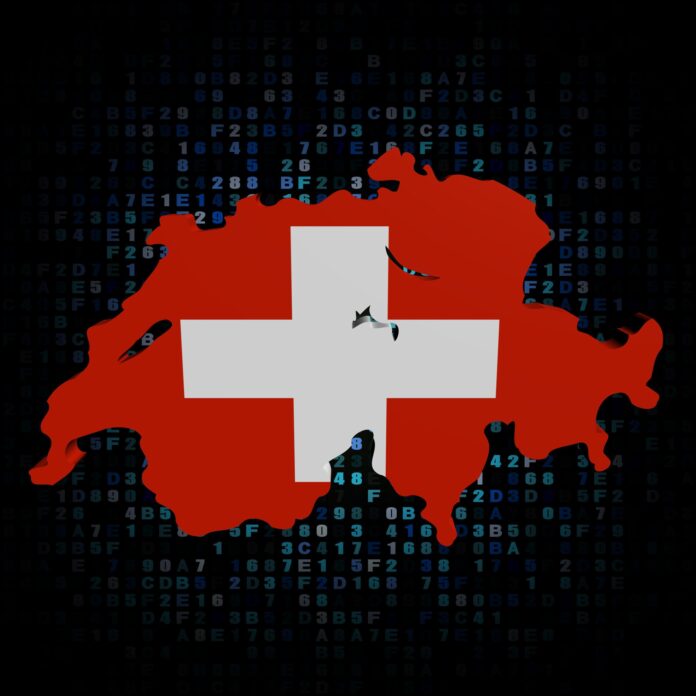Swiss Association of Telecommunications (Asut) has called on politicians and public authorities in Switzerland to accelerate the switch to 5G technology in the country.
According to the association, the upgrade of the mobile networks with the latest 5G technology is making little progress due to a lack of use of financial aid from the federal government, stricter conditions imposed by Swiss cantons and municipalities, and increasingly difficult approval procedures which are blocking investments.
The entity noted that the introduction of 4G/LTE technology had progressed quickly compared to 5G. Within three years since the start of LTE, over 60% of the sites were equipped with 4G, and the technology was available nationwide in 2017. Over 10,000 mobile sites were upgrade with the new technology in a short period of time, the industry association said.
Now, the deployment of 5G is facing several obstacles as local municipalities and cantons usually block procedures for applications to build 5G base stations, Asut said.
In eleven Swiss cantons, upgrades to 5G are only possible with restrictions, while in eight cantons, comprehensive building analysis has to be carried out in order to give permit to build the 5G sites, according to Asut.
“Overall, this leads to a delayed introduction of 5G in Switzerland. The mobile operators are up to 60% behind their original expansion plans,” the association said.
Swiss state-controlled telecoms group Swisscom recently said that the rollout of its 5G network was experiencing some obstacles due to the government’s resistance to installing upgraded antennas.
“In Switzerland, there is a big debate on 5G, a lot of fake news around 5G. And the government, actually, it’s not very supportive on this topic,” Swisscom’s CEO Urs Schaeppi said during a previous conference call with investors.
“The 5G has a new antenna types. And for this, you need a new mechanism to measure the radiation. The government hasn’t established the specification, and this leads to the challenge that a lot of regional governments are blocking the building of antennas,” he said.
Schaeppi said that the new specification from the government is not likely to be available before the end of this year. “So that means in several districts in Switzerland, we will have problems to build 5G networks. This is mainly in the French part of Switzerland. We will have a bit of slower rollout of 5G in several areas,” he added.
Switzerland’s Federal Council recently decided to keep current 5G radiation exposure limits, and also announced plans to further monitor the effects of the next-generation mobile technology.
In a statement, the cabinet said it aimed to protect the population from non-ionizing radiation by maintaining its limits. The cabinet highlighted the role 5G can play in digitalization but added that it is also considering concerns raised by some citizens about this technology.
In February 2019, Switzerland’s Federal Communications Commission (ComCom) had raised CHF380 million ( $395 million) after it awarded 5G frequencies to local mobile operators Salt, Sunrise and Swisscom.
Salt secured 20 megahertz in the 700 MHz band, 80 megahertz in the 3.5 GHz band and 10 megahertz in the 1.4 GHz range.
Sunrise purchased 10 megahertz in the 700 MHz band, 100 megahertz in the 3.5 GHz range and 15 megahertz in the 1.4 GHz band. The carrier also secured an additional 10 megahertz in the 700 MHz band.
Meanwhile, Swisscom secured 30 megahertz in the 700 MHz band, 120 megahertz in the 3.5 GHz band and 50 megahertz in the 1.4 GHz band.

